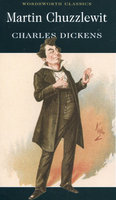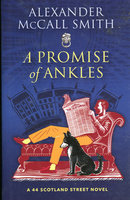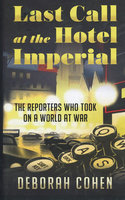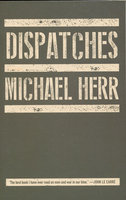The Fall of Acre in 1291, which was then by far the most important remaining vestige of the Crusader lands of Outremer, was the apocalyptic conclusion of two centuries of intervention in the Levant by the Christian states of Western Europe. It was a harrowing finale and one is made aware of the sense of terror of thousands of its citizens. Those with money purchased an over-inflated ticked to freedom on one of the last ships to leave the port. In the early Middle Ages the Christian presence in the Middle East took a series of blows from often superior Muslim forces, only for a fresh wave of Crusaders to regain territory. But the Fall of Acre finally brought dreams of a Christian Holy Land crashing down. The city had first been captured by under Richard the Lionheart in 1189-91. The aftermath was a horrific massacre of 3,000 Muslim prisoners on Richard's orders, which contrasted vividly with the peaceable capture of Jerusalem by Saladin in 1187. Three quarters of a century later the Mamluk sultan Baybars had assumed Saladin's mantle. He was a powerful statesman who had turned back the Mongol tide that threatened to deluge Asia and Egypt, the mainstay of Muslim power. He was also utterly ruthless, conquering Crusader towns and castles with terrifying persistence. Eventually just a few towns were left, most crucially Acre, the Christians' capital since Jerusalem had been lost. Then Baybars suddenly died in what seemed like divine intervention, but in this chance for peace, visitors from Europe assaulted Muslim traders and the sultanate in Cairo reacted with force. In the harsh siege that followed, Templars and Hospitallers fought alongside secular knights in a frantic last stand, but the Muslim forces broke in and unleashed a reign of terror. As Venetian sea captains negotiated with the highest bidder to ship Christian refugees to safety, thousands were killed or taken into slavery in reprisal for the historic massacres of Muslims in Jerusalem in 1099 and Acre in 1191. The Crusaders' centuries-old campaign to unite Christendom around Jerusalem would never recover. But the storyline is far more than religion gone wrong - it is also a tale of political intrigue and miscalculation, of military brilliance and incompetence. It is an epic of emerging great powers of Mongols and Mamluks, a conniving and scheming commercial rivals from Genoa, Venice and Pisa, of unscrupulous Holy Roman Emperors, Popes seeking to expand their powers, and scheming Angevin princes. With all the plot twists of a novel, this is exciting history. 320pp, 16 pages of colour photos.
Additional product information







